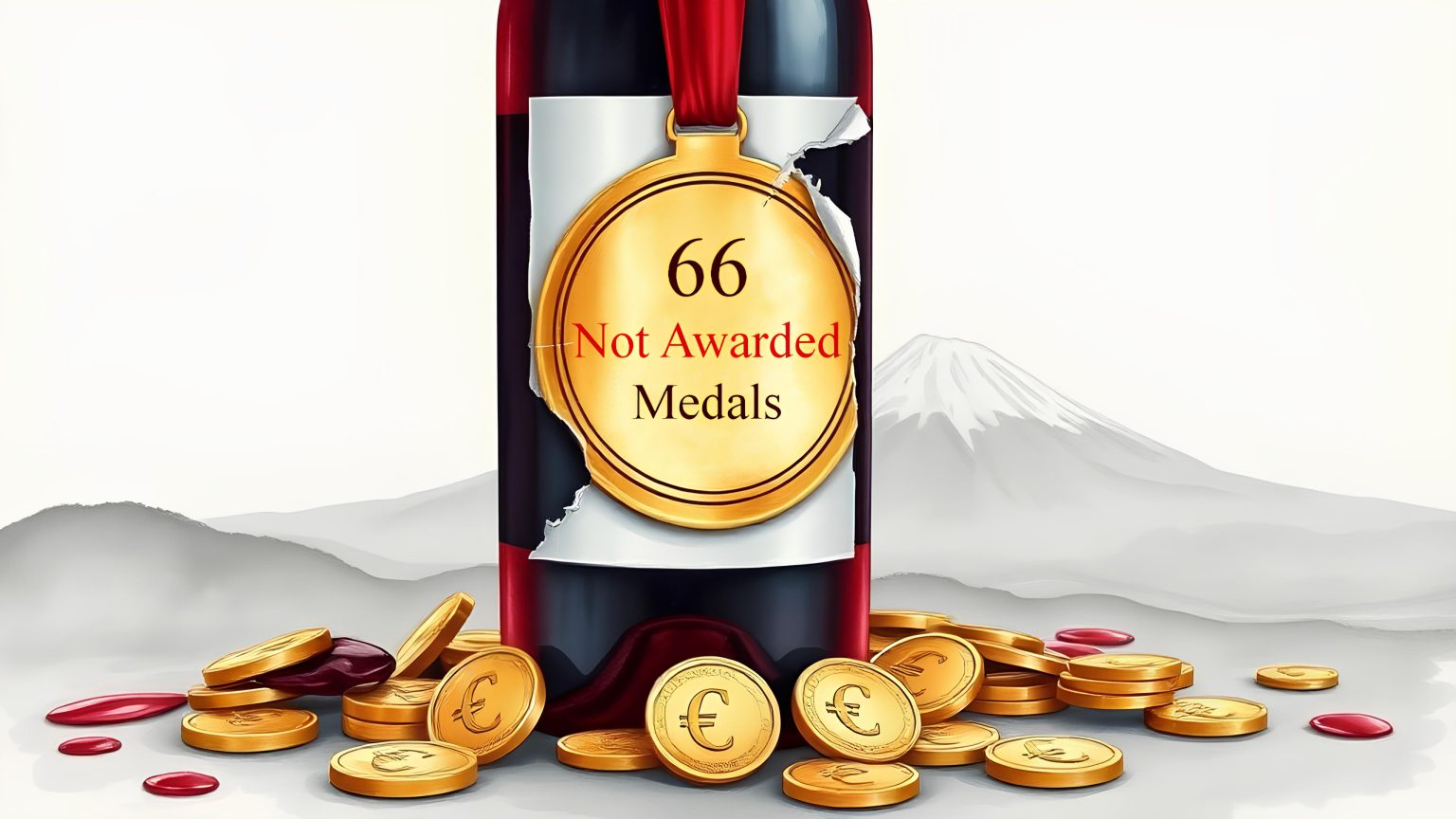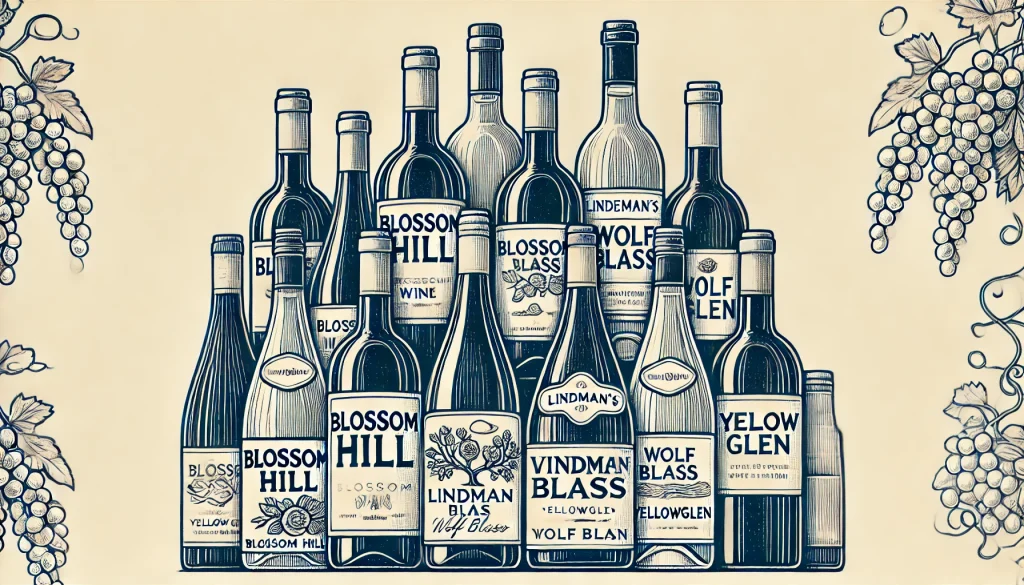On February 20, 2025, a Bordeaux court fined wine merchant Ginestet €100,000 and its director general, Franck Lederer, €30,000—€20,000 of which was suspended—for deceptive commercial practices. The penalties came after a 2023 investigation uncovered that 250,000 bottles of wine shipped to Japan carried golden stickers boasting “66 medals: 14 gold, 17 silver, 27 bronze, and 8 distinctions,” though the wine itself had never won an award. With sales from these bottles hitting €450,000, Ginestet had turned down a €65,000 plea deal, only to face steeper fines after a trial that exposed the dangers of misleading marketing.
The issue surfaced during a routine check, revealing a stark mismatch between the labels and the truth. Ginestet claimed the stickers, written in English, reflected the company’s historical haul of accolades since its founding, not the wine in those bottles. Franck Lederer testified in late January that a major Tokyo distributor had pushed for this nod to their legacy. “These bottles were sold only in Japan,” he argued, casting it as a client request rather than a scam. Prosecutors, however, saw it as a calculated move to trick Japanese buyers into assuming the wine was decorated with honors. The court agreed, ruling that such tactics muddy consumer trust and tilt the playing field against honest exporters.
Japan, a market where authenticity reigns supreme, might not take this lightly. Consumers there could drift toward brands that don’t toy with their faith, leaving Ginestet to nurse a bruised reputation. The €130,000 fine stings, but the real cost could be a lasting dent in a market that prizes integrity. The defense questioned the harm, noting no one had lodged a formal complaint. “Should Ginestet hide its standing?” one lawyer asked. Yet, the court’s stance was firm: safeguarding buyers trumps corporate bragging.
This saga underscores a blunt reality for the wine trade: labels are more than flair—they’re a bond with the buyer. Break that bond, and the fallout hits trust harder than profits. Producers must treat compliance as a must, not a maybe, while regulators might now clamp down on export labels, a move that could protect consumers but strain smaller outfits. For buyers, it’s a prompt to peek past the gloss to the facts beneath. As Drinks Times flags this slip-up, it’s a nudge for the industry to keep transparency front and center—because without it, the whole barrel risks going sour.


